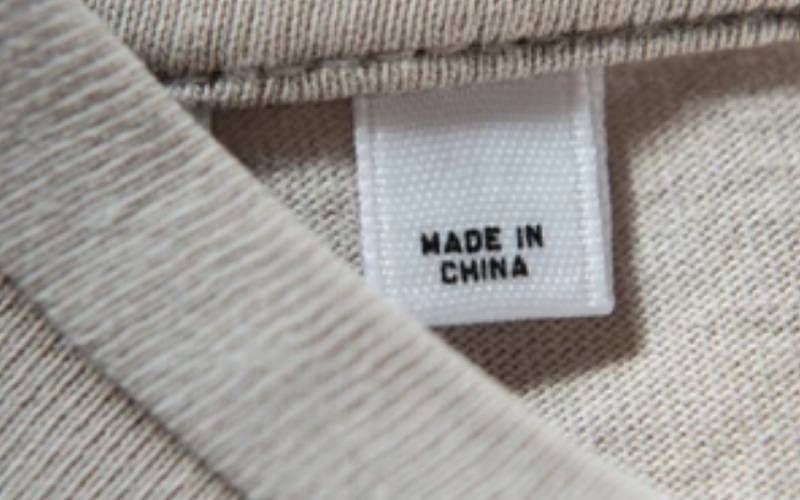The flood of Chinese products has swept through the country’s nascent cottage industry. When China hoisted itself to the pinnacle as the “factory of the world,” it set off a huge tremor, cutting through the heart of Kenya’s manufacturing hub.
The old mould-festered buildings in the sprawling Industrial Area aged faster; the rusty sputtering machines went mute, leaving behind a ghost town.
The Chinese dragon had landed in the African jungle. And the African lion, its roar leaked away by the sharp tongues of flames from the mythical beast, ran for dear life.
A lot of Kenya’s manufacturing powerhouses crumbled. A compilation of data by the Kenya Association of Manufacturers (KAM) shows that in the last five years, a total of 34 local companies have shut down, mostly due to competition from cheap Chinese imports. READ MORE
As West ponders aid for Afghanistan, China and Pakistan provide relief
Some retreated to higher grounds, watching from a distance as a river of Chinese goods from video games and mobile phones to chandeliers and sofa-sets, footwear and suitcase flowed into the region.
Battery maker Eveready East Africa, already reeling from an electric shock as more Kenyans got connected to the grid, took off for Egypt in 2014.
This saw the country lose about 100 jobs when the battery manufacturer shut down its Nakuru plant, succumbing to pressure from cheap imports of dry cells.
The company outsourced its flagship D-sized dry-cell battery manufacturing to an Egyptian firm to concentrate on sales and distribution in the region through partnerships. Eveready East Africa, Nakuru. [Boniface Thuku, Standard] Also in 2014, Cadbury Kenya shut its Nairobi plant, shedding off another 300 jobs as it opted to import its products, including Cadbury Drinking Chocolate, Oreo biscuits, Cocoa and Trident chewing gum from Cairo.
Earlier in 2007, personal care giant Reckitt Benckiser stopped direct manufacturing in Kenya because of “costs and economy of scale issues.”
About 50 permanent employees and hundreds of casual labourers were rendered jobless as the manufacturer of Harpic and Jik opted for a foreign manufacturing base.Packaging Manufacturers, a packaging firm, also closed shop in 2017 due to increased competition of imported paper and paper board from the world’s second-largest economy.Other manufacturing firms that have since exported jobs overseas from Kenya, leaving thousands without a place to eke out a living, include Procter & Gamble, Bridgestone, Colgate Palmolive, Johnson & Johnson and Unilever.At the heart of this mass exit by the firms […]
